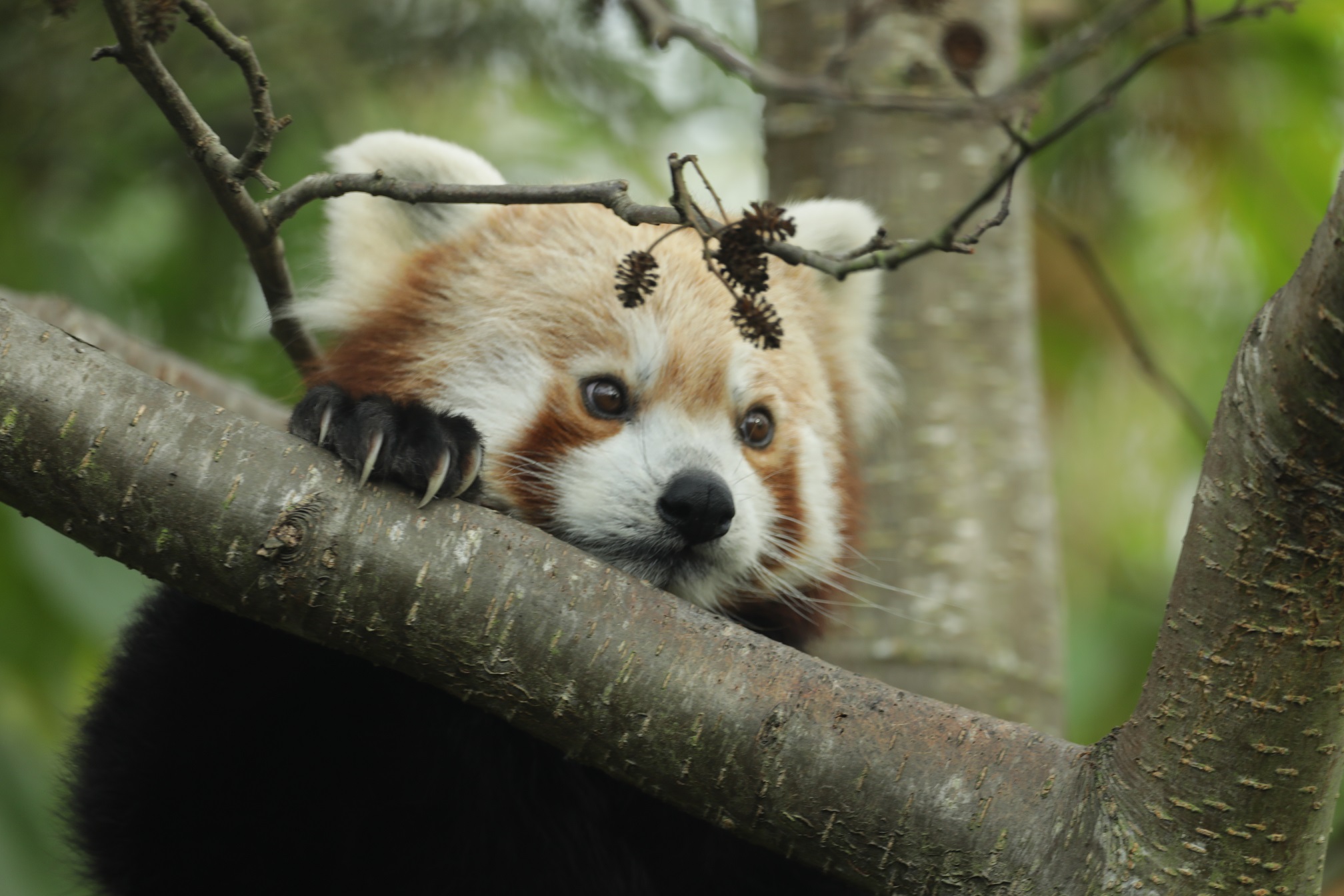Himalayan Wolves Project Update May 2022
Posted 23 May 2022

In the field
The field team carried out a successful field expedition to upper Humla Nepal and is continuing to monitor the wolves in the area. For us here at RZSS WildGenes, this means looking at wolf scat!
Due to their harsh high-altitude Himalayan habitats, the team is currently exploring whether non-invasive genetic sampling or camera traps are a more effective method of monitoring populations in the long term.
Alongside this, it is important to ensure there is enough prey by monitoring the number of ungulates, like blue sheep, Kiang and Tibetan gazelle, and small mammal populations such as marmots also found in the areas where the wolves live. During the recent field expedition, the team were happy to report healthy populations of these ungulates as well as many Himalayan marmots and woolly hare.
In the community
No conflict with wolves has been reported by local people this year, which is a promising sign of progress. Locals are also keeping fewer livestock these days due to better alternative sources of income and the increased vigilance required to herd livestock present in wolf habitat.
This trend of fewer livestock combined with healthy prey populations could create a positive coexistence of humans and wolves.
Another vivid illustration of this was an observation of a wolf pack with seven pups thriving in the pasturelands less than a kilometer away from a livestock herd with 75 female yak-cow hybrids and their young without any conflict.
Looking to the future
These are wonderful developments and illustrate the importance of healthy wild prey populations to encourage a positive human-wolf coexistence. To get a more detailed understanding of what the wolves eat, the team are now also conducting a diet analysis through genetic sampling with the method developed and tested by our charity’s RZSS WildGenes lab.
As we move into this new phase, we will be conducting a diverse range of activities with local communities, including improving infrastructure to keep livestock safe, forming community conservation groups, running educational workshops and distributing our educative animal book titled “The Web of Life - A Transhimalayan Animal Adventure.”
Make sure you are following RZSS across social media for more updates.

